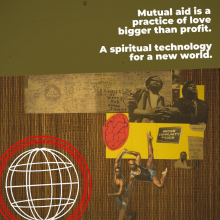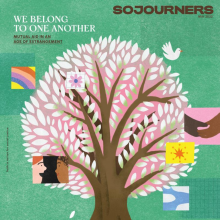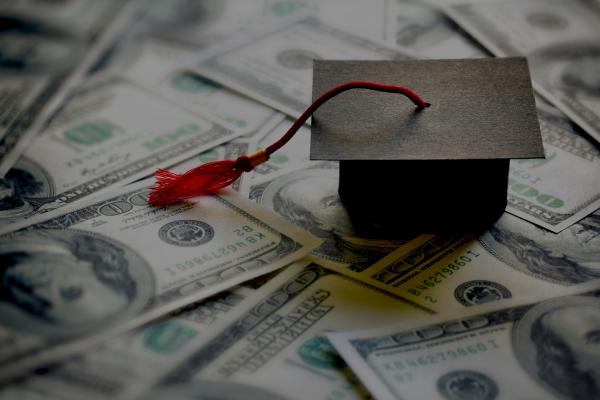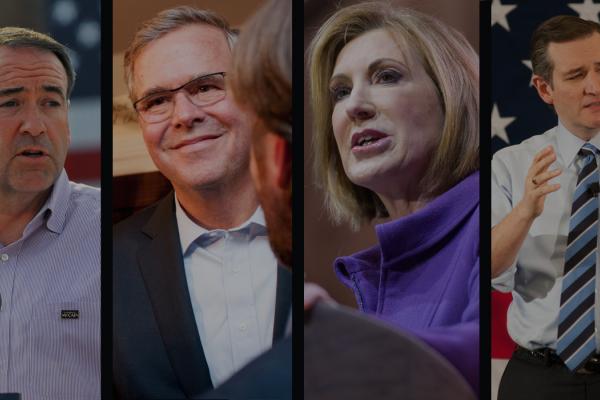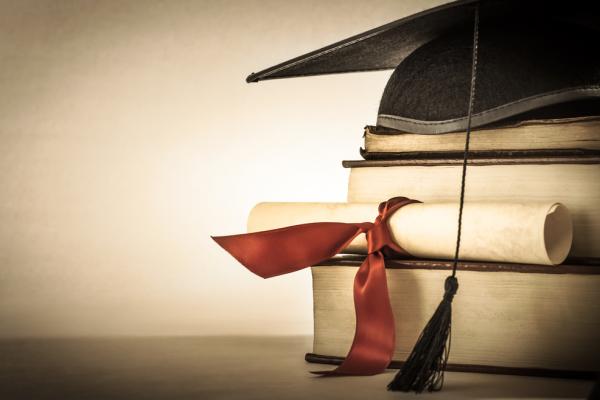SojoAction: Economic Justice
Our economic justice work is focused on policy changes aimed at reforming government systems and economic institutions and principles to allow all people to have the foundation and stability to support their families, churches and communities, and live dignified, productive lives.
Our work seeks to address the root causes of injustices and address long-term needs through public and collective actions aimed at political and structural changes. It is much broader than typical individual acts of charity done by many individuals and churches because those only seek to address the effects of injustices and respond to immediate needs and, while important, fall far short of addressing the needs of the millions of Americans living in poverty.
Our Goals:
- Eradication of extreme poverty and hunger in the United States by 2030
- Increase the federal minimum wage
- Protect and strengthen critical safety net programs that are proven to reduce poverty and hunger such as SNAP, WIC, and low-income and affordable housing
- Support families through access to affordable child care, paid family medical leave, and parental leave
- Ensure financial and physical health of every American by strengthening and protecting the Affordable Care Act, closing the Medicaid coverage gap, and reduce prescription drug prices
-
Recently I experienced a wave of frustration related to my student loan debt. This happens from time to time, and really anything can set it off. Debt is stressful, as most of us are aware. Before I dive in, though, I’ve got to say that I’m more fortunate than many; I’ve been able to steadily pay on my debt for a while now. It’s still sizable enough to haunt me, but at least it isn’t a Poltergeist-style terror. That’s not insignificant.
Nothing so far is unique. Thousands of former students are dealing with the exact same thing, though in varying levels of distress or ease. What makes it slightly different is what degree I went into debt for.
I received a Master of Theological Studies degree from Vanderbilt Divinity School. So we’re talking about 1) a graduate degree, as opposed to a bachelor’s, which is widely regarded as necessary in this country to participate in the job market; and 2) a professional degree, meant to lead to practical ministerial work for the social good.
-
Sojourners is a founding partner in the Circle of Protection, a broad and diverse coalition of Christian leaders working together to protect the poor — and the programs that sustain them — in the budget debates. This year we asked all the presidential candidates — Democrat and Republican — to submit a brief video answering the question: “What would you do as president to offer help and opportunity to hungry and poor people in the United States and around the world?” So far the candidates below have responded with videos. Others, including Hillary Clinton, Lindsey Graham, Rand Paul, and Marco Rubio, have pledged to produce one soon.
Watch this space as we continue to post new videos when they arrive. They are listed in alphabetical order by last name. -
Admission requirements at Berea include being smart, being willing to work hard, and being poor.
Admission requirements at Berea include being smart, being willing to work hard, and being poor.
- ‹ previous
- 129 of 131
- next ›

